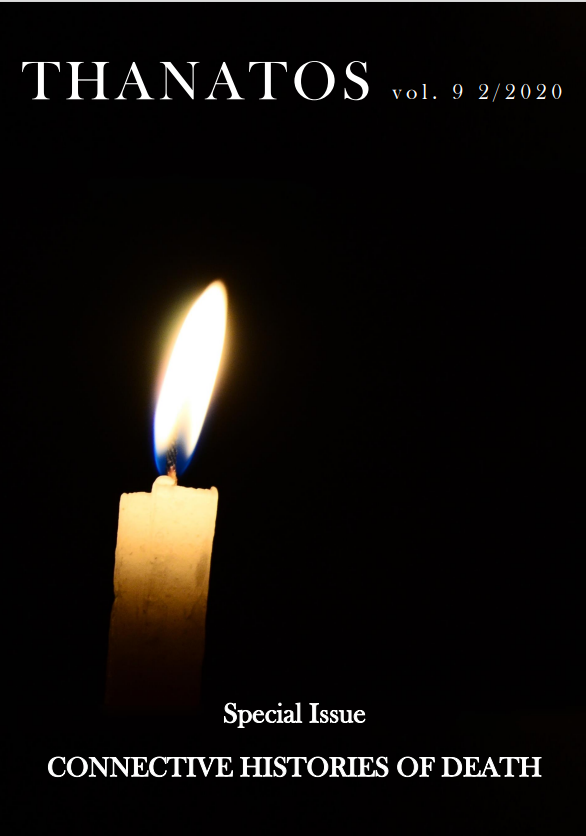Somber Celebrations: Funeral Processions and Civic Community in 17th century Vilnius
Abstract
The present article examines the political significance of funeral processions in a multifaith environment. Seventeenth century Vilnius presents a rich case study for such research as it was home to five Christian denominations, whose coexistence was not always peaceful. Religious disagreements were often brought forward by public ritual action and prior historiography tends to view ritual as a liability. This article argues that under certain conditions funeral processions furthered civic belonging. In order to do so, the article begins with exploring occasions of religious violence in 17th century Vilnius and describes the interdenominational relationship among the inhabitants of the city. It continues by reconstructing the form of funeral processions by analyzing last wills and post-mortem registers. Lastly, these occasions are interpreted through the lens of semiotic anthropology, showing the binding potential of funeral processions on the civic community of 17th century Vilnius.
Downloads
Published
Issue
Section
License
Copyright (c) 2023 Povilas Dikavičius

This work is licensed under a Creative Commons Attribution-NonCommercial-NoDerivatives 4.0 International License.





